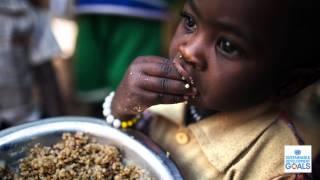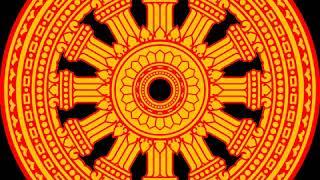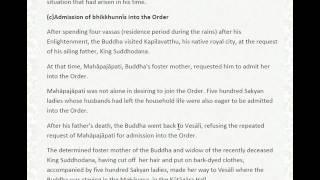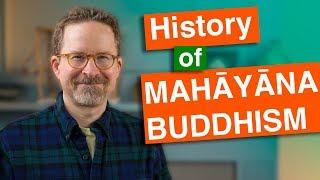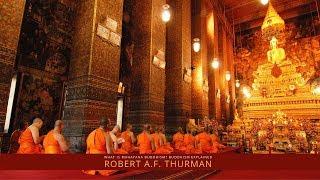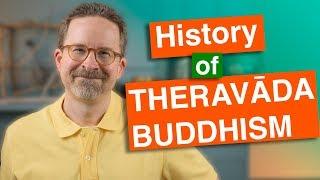✪✪✪✪✪ http://www.theaudiopedia.com ✪✪✪✪✪
What is FOLK RELIGION? What does FOLK RELIGION mean? FOLK RELIGION meaning - FOLK RELIGION definition - FOLK RELIGION explanation.
Source: Wikipedia.org article, adapted under https://creativecommons.org/licenses/by-sa/3.0/ license.
Folk religion, alongside popular religion and vernacular religion, are terms used within religious studies and folkloristics to describe various forms and expressions of religion that are deemed distinct from the official doctrines and practices of organized religion. The precise definition of folk religion varies among scholars. Sometimes also termed popular belief, it consists of ethnic or regional religious customs under the umbrella of a religion, but outside of official doctrine and practices.
The term "folk religion" is generally held to encompass two related but separate subjects. The first is the religious dimension of folk culture, or the folk-cultural dimensions of religion. The second refers to the study of syncretisms between two cultures with different stages of formal expression, such as the melange of African folk beliefs and Roman Catholicism that led to the development of Vodun and Santería, and similar mixtures of formal religions with folk cultures.
Chinese folk religion, Folk Christianity, Folk Hinduism, and Folk Islam are examples of folk religion associated with major religions. The term is also used, especially by the clergy of the faiths involved, to describe the desire of people who otherwise infrequently attend religious worship, do not belong to a church or similar religious society, and who have not made a formal profession of faith in a particular creed, to have religious weddings or funerals, or (among Christians) to have their children baptised.
In The Concise Oxford Dictionary of World Religions, John Bowker characterized "folk religion" as either "religion which occurs in small, local communities which does not adhere to the norms of large systems" or "the appropriation of religious beliefs and practices at a popular level."
Don Yoder argued that there were five separate ways of defining folk religion. The first was a perspective rooted in a cultural evolutionary framework which understood folk religion as representing the survivals of older forms of religion; in this, it would constitute "the survivals, in an official religious context, of beliefs and behavior inherited from earlier stages of the culture's development". This definition would view folk religion in Catholic Europe as the survivals of pre-Christian religion and the folk religion in Protestant Europe as the survivals of Medieval Catholicism. The second definition identified by Yoder was the view that folk religion represented the mixture of an official religion with forms of ethnic religion; this was employed to explain the place of folk religion in the syncretic belief systems of the Americas, where Christianity had blended with the religions of indigenous American and African communities.
- Category
- Seminar on Religions Religion




